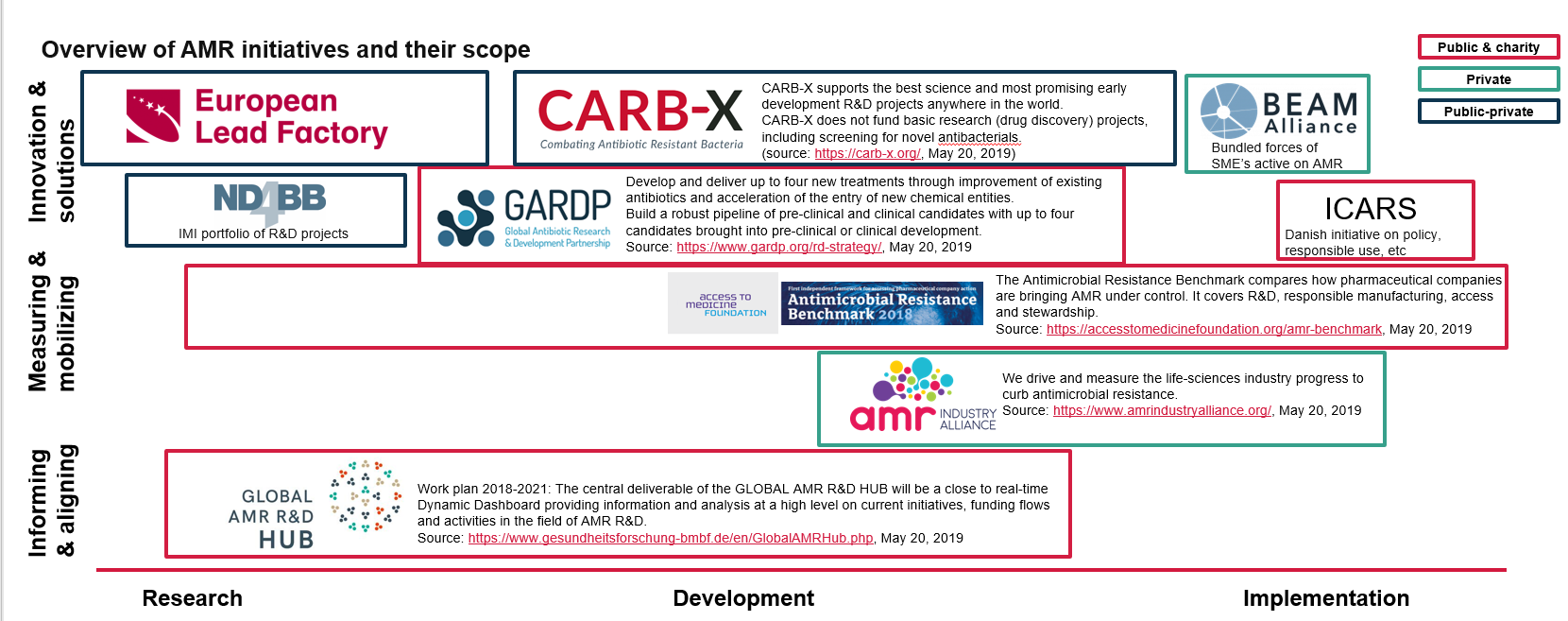A number of antibiotics used for veterinary purposes are also used to treat humans; For example, critically important antimicrobials for medicine (WHO, 2018) are also used in animals such as glycopeptides, cephalosporins, macrolides, and quinolones (AMRLS, 2011). Scientific evidence has shown that overusing antibiotics in animal husbandry, especially in low doses for growth promotion, can lead to antimicrobial resistance. It is crucial that important antibiotics for human medicine do not lose their efficacy and these antibiotics of “highest priority critically important” should be avoided at all costs in animal production.
Bacterial pathogens that acquire antibiotic resistance in animals might then spread to humans through food and lead to infections that are harder, or impossible, to treat. However, this only occurs at a very small rate with bacteria such as salmonellae and campylobacters. The main issue is an overall increase in AMR and the indirect spread to humans as 60% of all human diseases originate from animals. This is especially concerning when it deals with bacteria resistant to antimicrobials that are crucial for human medicine such as the critically important antimicrobials listed above.
Sources: WHO, WHO, Journal of Antimicrobial Chemotherapy
 What can farmers do to help tackle AMR?
What can farmers do to help tackle AMR?

 Report
Report

